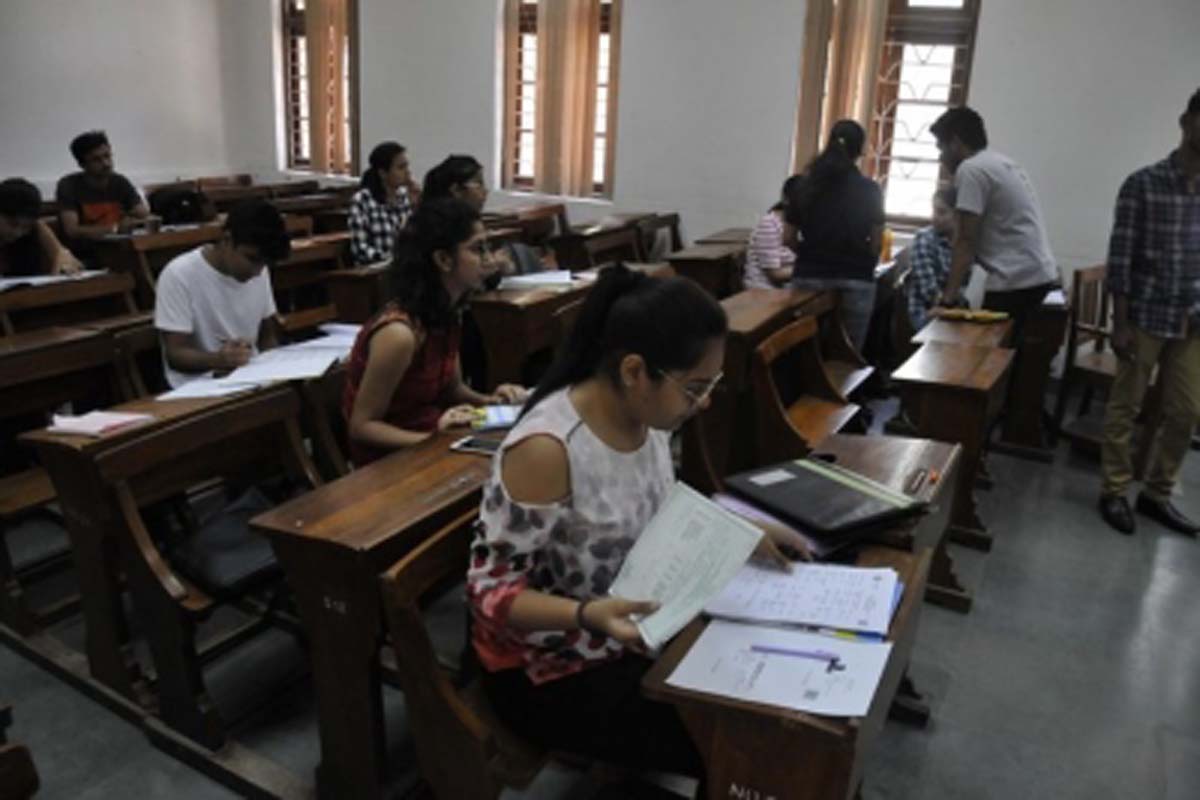
When I was in school, I was called the snake from nowhere. What my classmates at St. Lorenzo School for Boys meant was that I didn’t know where I was from.
I was Indian, of course—brown and black haired, like them, that went without saying, but it didn’t count. When asked what my family was, I shrugged and said I didn’t know. This was the truth.

I didn’t know whether we were Hindu or Muslim or Christian or God Only Knows. I didn’t know whether we were Bengali or Anglo-Indian or Marwari (I know Bangla, English, and a little bit of Hindi, but so do a lot of people in West Bengal). I ‘looked’, according to my classmates, Chinese or North-Eastern, like a Naga, by which they meant a tribal from the corner-tucked state of Nagaland, also a word for ‘snake’.
I had a Christian surname (George) and an odd first name (Reuel) but didn’t seem to know much about Christianity. So they called me the snake from nowhere. I told them that snakes don’t have narrow eyes, which they gave me as the reason I looked North-Eastern.
They ignored this logic, because logic is no friend of cruelty or racism. My skin was as brown as theirs, but I was forever different. The snake from nowhere.
Realizing that we don’t live in a country (or world) where someone can choose to be free of the weight of ethnicities and religions and other markers of identity, I was taken out of school in class 6 and home-schooled by my family. They had gotten me into St. Lorenzo on the basis of our family name, but they hadn’t really trained me in the pretense of being Christian.
They had underestimated how difficult it is to be no one for a child. But when I asked my family who we were, where we were from, their vague answers essentially said ‘nowhere’ too. We were the only family in Calcutta without any ethnicity.
Of course, this isn’t possible. Everyone born on Earth has an ethnicity. It is, unfortunately, a signature left on our persons by god.
That is to say, it is a signature left on us by our own hand, which has learned to write, and describe how we are different from each other, and how we may protect each other from our own hatreds by clinging to the packs and tribes we have made with language. My family had an ethnicity. I just didn’t know what it was.
This will seem today like a sinister act of gaslighting on my family’s part. And it was that, in a way. But I do realize now, as an adult, that where my family ‘comes from’, where our ancestors come from, is hard to describe.
Because it’s not, in the traditional sense of the word, a real place, or a real culture. At least, our language has made it unreal. Our rules have made it unreal.
Our world has made it unreal. As my parents sometimes said when I asked where our family was from: “You wouldn’t believe it if we told you.” Better to be no one than branded crazy.
*** A memory: my grandmother digging into a hole in the soil of the garden courtyard with her bare hands, her fingernails darkening to black moons with dirt. Next to her was a checkered cloth bundle—something wrapped in a gamcha. My father crouched next to her with a spade, and had probably started the pit with it.
When the hole in the damp ground (perhaps she waited for rains to soften it) was about four feet deep, she unwrapped the bundle next to her. I could smell the heavy aroma of damp earth wafting out of the trough. The delicacy with which she unfolded the wrap reminded me of someone handling a newborn baby—swaddling or un-swaddling it.
There was instead an egg under the cloth, huge and pale as the moon in the sky. I couldn’t tell whether the shell was the colour of moonlight, or whether it was the moonlight that gave it its pearlescent glow. It hurt the eye to look at, with a fractal shimmer that gave it a spiraling depth, as if it held an infinite curling staircase within its spherical shape, an unhatched Fibonacci spiral hiding gelatinously within its shell.
My grandmother cradled the egg, which was about the size of a human infant, and gently placed it in the ground. Then, carefully, she buried it—again, with her bare hands, before my father took over. It was like a funeral, a burial, as solemn, but there was something joyous in the way my grandmother’s mouth twitched back a smile.
I was watching her against the warmth of my mother, who held me hoisted in her arms, her flesh humming with a song she was singing along with the rest of our family, who stood all around my grandmother and father as they knelt and completed the burial of the egg. There was no light in the courtyard except what was reflected of the cosmos by the night sky, and what was reflected of the city by the air below the very same. The moon was nearly full, and the stars visible.
The light was clear, our shadows strong. The family sang, a song that sounded mournful, in a language that I couldn’t understand, but it surged with a life that seemed to come from beyond the lights above this world. (Excerpted with permission from The Last Dragoners of Bowbazar by Indrapramit Das, published by Subterranean Press; 2023).










